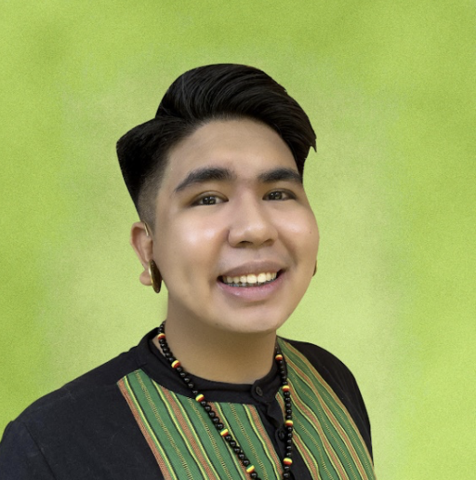Maria Leonora ‘Leni’ Robredo, the 14th Vice President of Philippines and one of 2022’s Hauser Leaders at Harvard University, is a shining example of transformational leadership. The Hauser Leaders Program aims to translate the actions of high-profile leaders all over the world into engagements with faculty and students to address our world’s most pressing problems. Ahead of the upcoming World Government Summit - we got a chance to engage in an intergenerational dialogue with Leni Robredo.
Earlier in 2022 a few days before ending her term as the 14th vice president of the Philippines, Leni graced us with an interview regarding her views on good governance. It was an opportunity to reflect on governance, inclusion of young people and the achievements of Angat Buhay, a platform focused on empowering youth and communities throughout her vice presidency. Her flagship program, Angat Buhay, has helped at least 600,000 families. Her office also championed progress through the COVID-19 pandemic through the establishment of Bayanihan E-konsulta, a platform to connect healthcare workers and Filipinos in need of free telehealth services, COVID-19 care kits. Community Learning Hubs, Swab Cabs, Vaccine Express, and Community Pantries.
Beyond the thousands of Filipino youths who would engage in advocacy across the country, the real success according to Leni, was the commitment young people had to serve the Philippines and advance the SDGs. Young people in Philippines would create groups through the Anghat Buhay platform such as “KPOP stans 4 Good Governance” and organize free feeding programs, provide legal services to those in need, create education initiatives in a bid to accelerate the SDGs. In our interview with Leni Robredo, she mentioned that these groups were critical in making a difference and their human centered nature attracted more young Filipinos to get engaged. She also provides that while power is often looked upon as a tool to control others, these young Filipinos can attest that power means creating a platform that equalizes the opportunities for the least, the last, and the lost.
This year’s theme of the World Government Summit was Shaping Future Governments. As governments convened in the United Arab Emirates, young people remain keen to see whether the summit will contribute to a future where governments are transparent, accountable, honest, and inclusive for young people. Political institutions need to establish trustworthy examples to create confidence-building mechanisms - which is why leaders should be inspiring, says Leni Robredo. We have always believed that young people are good imitators, meaning they follow by example.
Leni was a shining role model worthy of her feats and laurels. However, above those recognitions is a history made in the Philippines - a time when the youth believed their voices were relevant to advancing the SDGs and they contributed to the progress for a better world.
About the author
Qjiel Mariano is the Founder of Street to Schools, a Youth Advocate of the Joint SDG Fund, and a Global Public Health advocate from the Philippines. He is passionate about amplifying the voices of young people and bridging opportunities for them to contribute for the greater good. He is like every other youth enjoying anime, pop culture, food, and sitcoms. His favorite quote is by sir Allen Saraza “Sa bawat padayon, huwag kalimutan mag-pahuway” which translates to whenever you keep going, do not forget to rest.




















